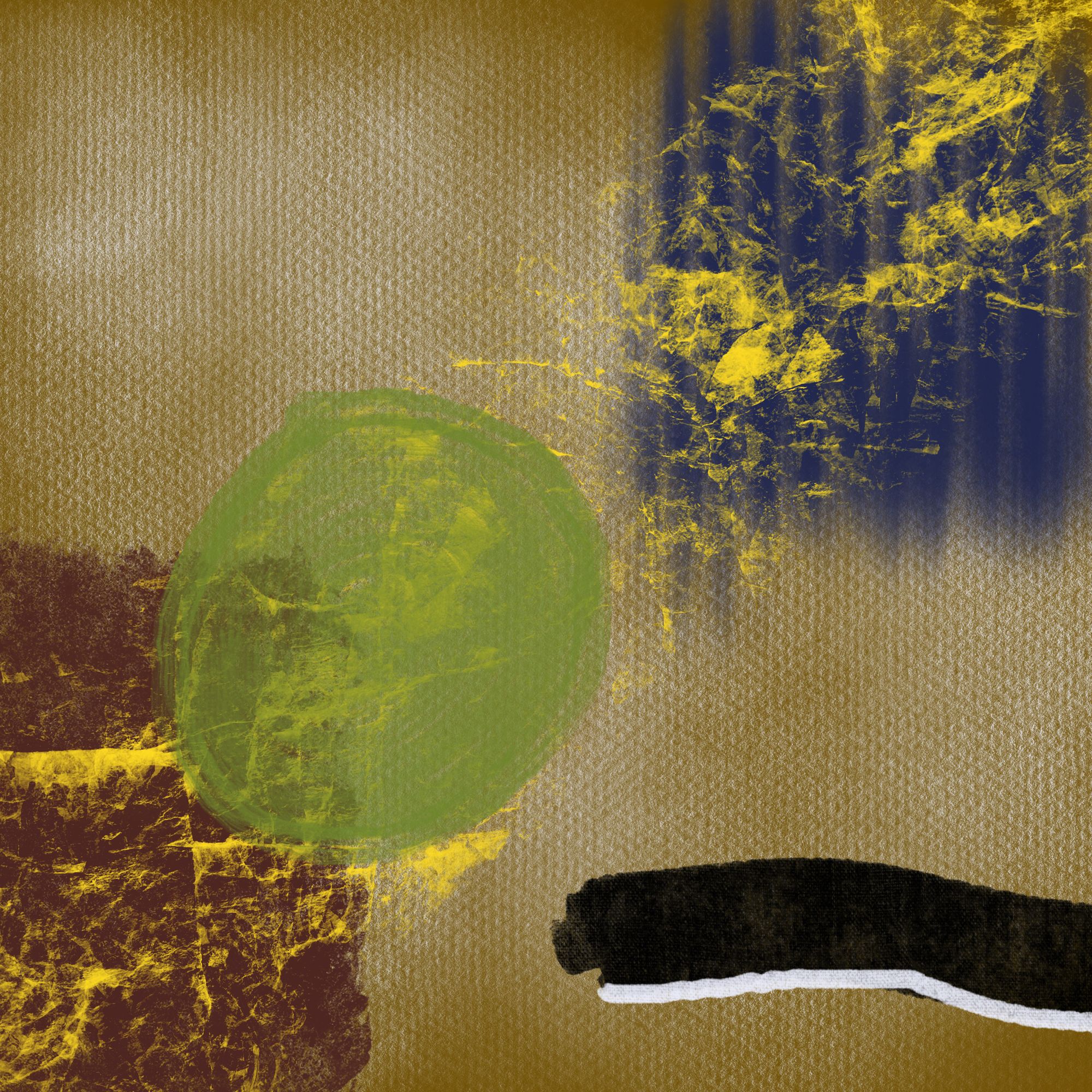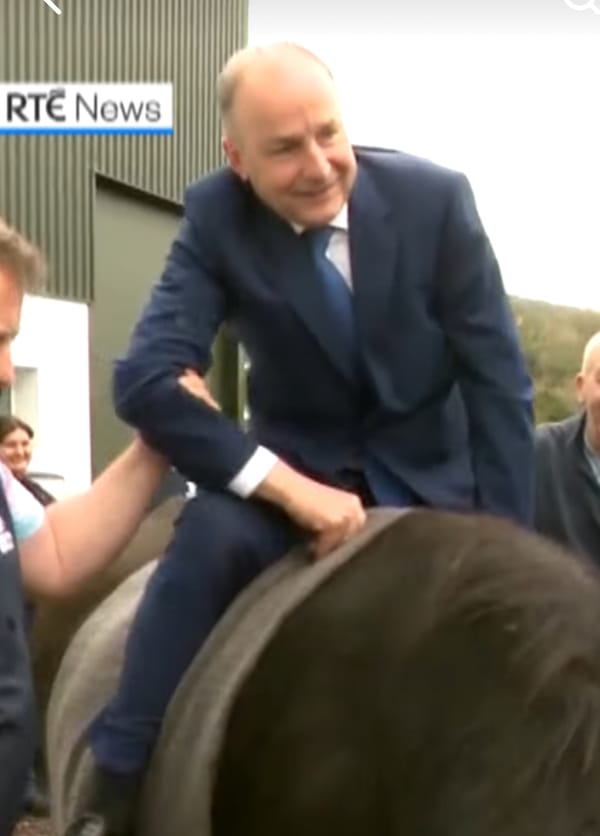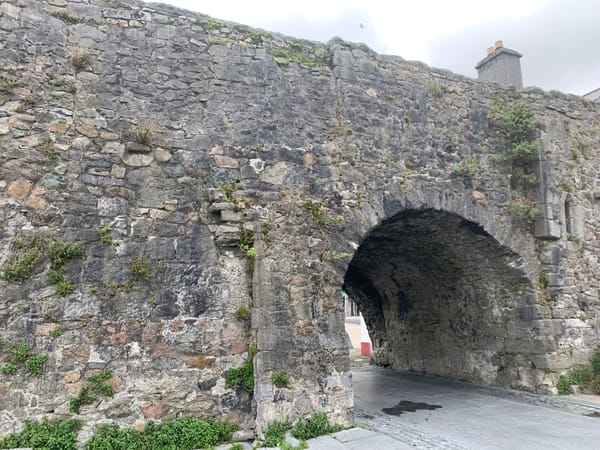The Gist: War Talkers
Events around the border between Ukraine and Russia meant that War Talk loomed large in international discussion. This is the Gist.

War Talkers; a spotter’s guide
I have no idea what is happening on the eastern border of Ukraine. If I started telling you what I thought was going to happen, you should rightly consider me a spoofer. However, we have all now lived through a few times when military action was taken, and those of us who live in the english speaking world have experienced some of the rhetoric and propaganda which precedes that action, regardless of who the military participants are. Some of the War Talkers to expect;
The Armchair Generals: Suddenly, men (almost always men) who have previously evidenced only a scant awareness of places outside of their own postcode become overnight experts on the military history and tactics of the potential participants in faraway conflicts. They might opine on the cultural oddities of some of those who will be involved in military action, merrily applying national stereotypes they just read in a tweet as strategic gold. Some of these people are also the sort to become actual generals, and so may be the most dangerous type of War Talkers.
The Whatabouterists: There are two classes of whatabouterists. There are those who are deliberately engaged in propaganda to promote or excuse the actions of one side and there are those who just love Whataboutery. As they are functionally impossible to distinguish from each other, it’s best just to consider them all as filler material with the effect (and sometimes the intent) of blocking other more constructive discussion from occupying airtime.
The Toy-Boys: Some people just love military hardware. Probably the greatest military outing for this class of war talker was the first Gulf war, with its videos taken from missiles as they flew into buildings. Suffering from Janes addiction, the sight of trucks with anti-aircraft guns or jets screaming across the sky is a thrill to them in itself. The matter of the soft, non-mechanical people who tend to get chewed up by those machines seems never to intrude into their enjoyment.
And, of course, there is the special Irish class of war talkers, the Neutrality Bemoaners.
In defence of Neutrality
For the Irish Neutrality Bemoaner, Ireland’s failure to join in with international military alliances is a stain on the nation’s soul. We are happy to take the benefits of regional peace, they say, but we are not willing to play our part in making it happen.
This argument, despite its widespread articulation, seems to fall apart with a simple tug of its connecting strings. To be clear, nobody for a moment thinks- not even the Neutrality Bemoaners- that any offensive capability that Ireland added to a military alliance would make the slightest difference to the outcome of any given clash or deterrent. For them, it is the principle of the thing. If you want to enjoy peace you should spend, fight and have your young men die for it.
On the other hand, it is also the case that the existence of non-aligned western democracies (Ireland, Austria, Finland* etc) allows those small, militarily unthreatening states to play a part in brokering, hosting and sometimes even carefully enforcing peacebuilding and peacebuilding talks and actions.
Without honest brokers, how could deals get done? Oslo peace accords*. Nuclear disarmament deals done in Reykjavík. Peacekeeping in the Lebanon. Ireland’s Neutrality is not an abdication of the duty to promote security. It is an opportunity that gives certain countries, by dint of historical experience or geographical location, a chance to act for peace far more effectively than any military action their armies could contribute.
Bemoaning Neutrality is to conflate militarism with effectiveness and presents peace as something only won through constant threat of overwhelming war. The lasting regional peace that Ireland enjoys is thanks to a western Europe which abandoned that thinking after it devastated its people and nations twice in a century and choose a more lasting model of co-operation with old enemies.
If you were designing an Irish foreign policy from scratch now, with the aim of coming up with the most effective way in which a very small stable democracy in a strategic backwater location could contribute to promoting peace, military non-alignment would be a persuasive frontrunner by some distance. Even if it did disappoint the hardware enthusiast community.
Corrections and Howlers: The original text of this piece referred to Norway and Iceland as militarily non-aligned. While Norway acted in an “honest broker” role in the Middle East talks leading to the Oslo Accords, it was a founding member of NATO. And, while Iceland has literally no standing army, it also was a founding NATO member.
The author regrets the errors and the use of the third person.




